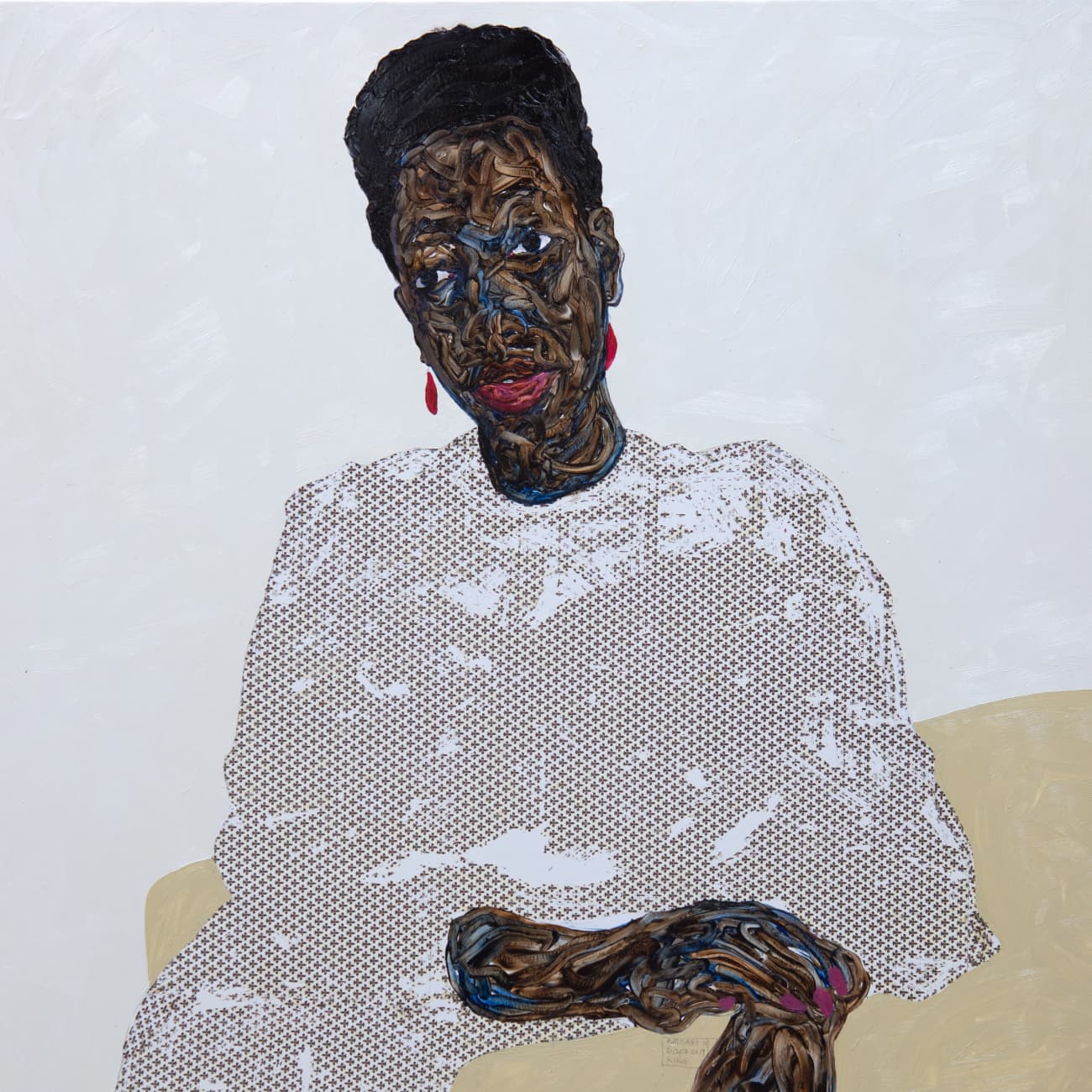Life 3.0 explores the exhilarating future of AI and humanity

I recently read the exhilarating (and terrifying) book Life 3.0: Being Human in the Age of Artificial Intelligence (2017) by the Swedish American Max Tegmark, a professor of physics at MIT and president of the Future of Life Institute. The book explores the impact of artificial intelligence on our future, and questions whether AI is the best or worst thing that is happening to humanity and life itself.
WARNING: it can be depressing.
The author describes what he calls the three stages of life on Earth: the biological evolution of humanity, our cultural evolution, and a theoretical technological age that AI is bringing us closer to. He describes the first two stages as follows:
“‘Life 1.0’: life where both the hardware and software are evolved rather than designed. You and I, on the other hand, are examples of “Life 2.0”: life whose hardware is evolved, but whose software is largely designed. By your software, I mean all the algorithms and knowledge that you use to process the information from your senses and decide what to do – everything from the ability to recognize your friends when you see them to your ability to walk, read, write, calculate, sing and tell jokes.”
Humans have led evolution on earth for thousands of years, but in Life 3.0, technology will exist independently of us, creating its own hardware and software. There is no doubt that the impact on humankind will be profound.

He contemplates what may happen when artificial intelligence eventually surpasses our own. Unlike the movies, this is not about robots taking over. It’s an incredibly well researched book in which Tegmark delves into various scenarios and possibilities that may arise as AI advances, and he discusses the ethical, societal, and existential implications of these developments.
He questions the potential for superintelligent AI, the risks and benefits associated with AI, and how humanity can navigate and shape the future in the face of these technological advancements.
Even though the book is shocking and, at times, frightening, I highly recommend reading it as it provides a thought-provoking exploration of the intersection of AI and human existence, and the effects that AI will have on society in the coming years.
Check out these images generated by using AI – they are just one example of the profound advancements that will impact our future:









.avif)



